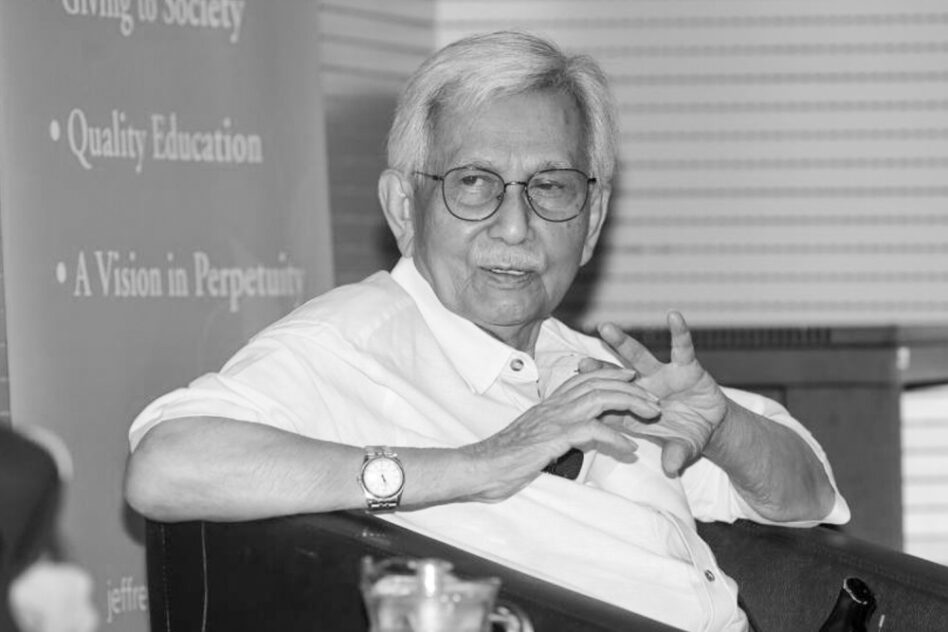ABORTION is legal in Malaysia only when a medical practitioner deems that continuing the pregnancy endangers the mother’s life, physical health, or mental well-being.
Abortion in Malaysia is regulated under Section 312-316 of the Penal Code. Access to such services remains limited as a result of these restrictions, and voluntary abortions remain illegal.
Even if the pregnancy was caused by rape or incest, this is not always enough to justify terminating the pregnancy because the mother’s life is not in danger.
Unfortunately, the current lack of clarity in Malaysia’s abortion laws and it’s restrictive nature deprives woman their right to autonomy.
Therefore, it becomes important to explore from some jurisprudential perspectives whether legalising abortions could be permitted or not.
This article focuses on two such theories, natural law and the sociological school of law.
Abortion is influenced more by moral considerations than by legal considerations. To support the legalisation of abortion from the standpoint of natural law, I would like to employ the viewpoint or argument advanced by Ronald Dworkin, a scholar affiliated with the natural law school.
Despite the fact that contemporary legal scholar John Finnis is completely opposed to the concept of abortion on the grounds that a foetus cannot be treated in a discriminatory manner simply because it is growing inside his or her mother’s womb, Dworkin believes that it must be taken as a matter of principle.
As a result, it is evident that, according to Dworkin, the compelling rights and interests of the mother, who is carrying the foetus, has to be taken into consideration as well.
When it comes to legalising abortion, the Dworkinian viewpoint puts aside the central question of determining the morality of a law that allows for abortions and instead focuses on the application of the grounds and circumstances under which abortions could be justified.
It is apparent that, according to the Dworkinian viewpoint, abortion is not immoral per se, but it is a matter of principle.
Meanwhile, law, according to Roscoe Pound, the father of the modern sociological school of jurisprudence, is a mechanism of social change.
As the question relating to abortion is a battle between two completing rights of the mother and the unborn, in order to achieve a fair balance, Pound puts forward a theory called “jural postulate” which means the method by which interest may be assessed so that the conflicts between the various interests may be resolved.
When the legislature enacts a law, according to Pound, there are four main things to consider.
To begin, all parties or stakeholders who will be affected by the law must be identified. The new law’s retrospective and prospective consequences must then be assessed.
Following that, all opposing interests or claims must be presumed and analysed and ultimately, normative standards must be established, implying that there must be ways and means to assess the effectiveness of the enacted law.
For this, necessary institutions and mechanisms must be set forth. It may be argued that if regulations relating to abortions are to be legalised or liberalised, it will be achieved through this type of process.
In a nutshell, even with all of the jurisprudential theories, it is possible to infer that abortion is and will always be a grey area in society since the opposing interests of the parties could never be properly resolved in order to reach a consensus on the question of legalising abortions.
In the end, what matters most is whether or not the law allows it. – Dec 10, 2021
Kirrthana Palisamy is a third year law student at Universiti Kebangsaan Malaysia and Prof. Madya Dr Shahrul Mizan Ismail teaches law at the same university.
The views expressed are solely of the authors and do not necessarily reflect those of Focus Malaysia.









